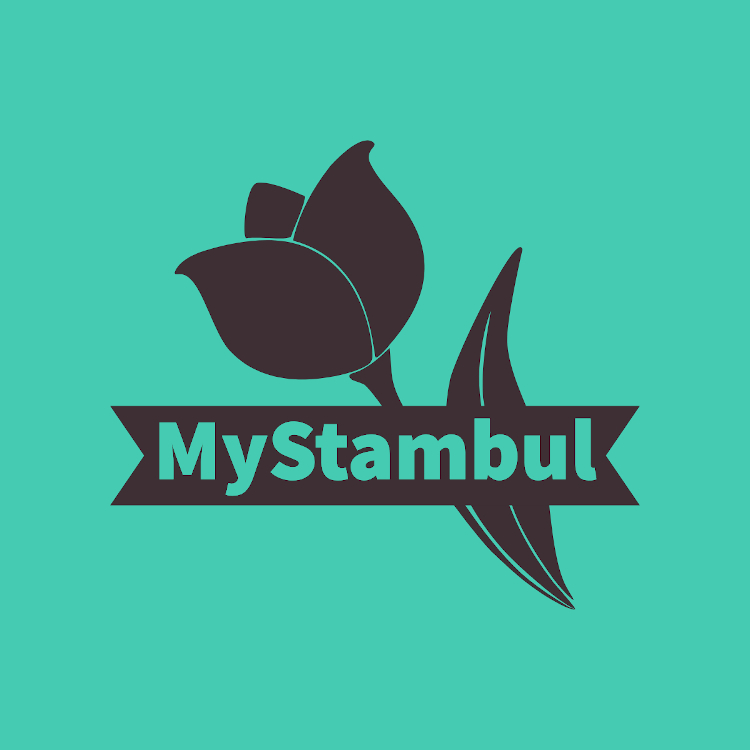
People who come to Turkey usually want to know about money first. After all, it makes the world go round, and whether you have a budget or not, knowing about currency, exchange rates, and fees will allow you to spend wisely. So, let's start by discussing the relevant facts about the use of money in Turkey.
What is the currency of Turkey?
The currency is the Turkish lira, and this is recognized by the symbol, although you can still see some places using the old abbreviation TL, and banks, credit card companies can also use TRY. Known as the new Turkish lira, it replaced the old currency that automatically made everyone millionaires. Keep in mind that some old Turks still refer to millions of Turkish lira purely out of habit.
Banknotes in the Turkish lira are issued in six denominations: 200, 100, 50, 20, 10, and 5. Each of them has its own color, but be careful, because 5 lire and 50 lire are surprisingly similar. The coins, known as Kurush, have denominations of 5, 10, 24 and 50. Then it goes to 1 lira, which is a coin.
The best place to exchange money in Turkey
The exchange rate fluctuates every day, but currently foreigners get a good deal. Avoid exchanging money at the airport of your home country, because the fees are high and you will get less than if you exchanged money in Turkey.
So, when you arrive here, you will have three options. Banks, currency exchange offices, and sometimes jewelry stores or travel agencies also do this. For the first two, you need to show an ID card, which is usually your passport, but these places usually offer the best rate. It depends on how much money you are exchanging, whether it is worth spending your time using them instead of a local jewelry store or a travel agency that works quickly, is open every day and is convenient.
Can I use Euros, dollars or British Pounds?
Tourist shops, restaurants and travel agencies accept most currencies. The Antalya region, which is popular with Europeans, even shows prices in euros, while in the Aegean Sea, prices are sometimes shown in pounds sterling, because it is popular with the British. Istanbul's tourist spots seem to accept any currency as long as it has value. Just keep in mind that these institutions will often use their own exchange rate if the account is opened in lira.
Using money in Turkey: ATMs
Known in Turkey as bankamatik, it is much safer and easier to rely on ATMs to withdraw euros, US dollars, Turkish lira and British pounds. However, before you leave your country, please inform your bank that you are going to Turkey, otherwise they may block your account due to suspicious activity.
In addition, also ask about the fees for using your bank card abroad. Some banks do not charge for foreign transactions, while others do. The daily limit that you can withdraw is still the same as in your home country.Some ATMs have an English language option on the keyboard, while others do not, and similarly, some ATMs do not issue foreign currency.
However, the most important thing is that in some areas there are often scammers hanging around cars. Don't accept help from anyone and don't let them see your pin. Also, check the keyboard to make sure it is not removable. Smart scammers can copy the keyboard placed on the original, and it records all your data, including your card number and pin code.
Use of traveler's checks and credit cards in Turkey
Avoid using traveler's checks in Turkey. They are old-fashioned, they are no longer accepted in many places, and with the advent of ATMs, they are simply not necessary. Most places in Turkey accept credit cards (Visa, Master and American Express), but just tell the credit card provider that you are traveling to this country. Institutions such as hotels, shops and restaurants have ATMs with cards and PIN codes, as do travel agencies, but although the former do not charge a commission, some travel agents do, so check before booking.
Money transfers to and from Turkey
One of the growing ways to transfer money to and from Turkey is a specialized foreign currency transfer company (FOREX). These companies can transfer your funds between bank accounts, but it is much cheaper than just using your bank, which is a relatively expensive option.
The main advantage is that instead of charging 5%, and sometimes more, for transferring your money, the costs are usually 2% or lower. This 3% or more is a lot of additional Turkish lira coming into your bank account.
To choose the best company to transfer money to Turkey, it is useful if it has an office in the country from which you are sending money. Most companies operate in the UK due to the relatively favorable regulatory environment (and this is London-the financial capital of Europe), but the opportunities quickly decrease if you transfer money from other parts of the world, such as the US, Australia and other parts of Europe.
If in doubt, choose a reputable company that carries out physical activities in a country such as the UK, USA or Australia, because they will be regulated in these countries. For more information, visit this page, which shows where the offices of some major transfer companies are located.
Cash withdrawal from Turkey
Initially, the limit on the export of money from Turkey was always $ 5,000, but this Al-Monitor report says that this law was amended in December 2015. Quote…
“According to the amendment of December 30, travelers leaving Turkey with cash in the amount of more than 25,000 liras (8,263 US dollars) or more than 10,000 euros or an equivalent amount in foreign currency are now required to declare this money to customs at airports and border checkpoints. The new added provision states that in cases where money is not declared or incorrect or misleading declarations are made, the corresponding money will be confiscated by customs and considered suspicious. Then the customs officers will notify Masak and transfer the case to the prosecutor's office on charges of human trafficking.”
Taxes, Refunds, receipts and invoices
All goods sold in Turkey are already taxed at the rate of 18%. If you need a receipt for your purchases, ask for fis (fish) or fatura if you need an invoice. If you are not a resident of Turkey and have spent less than 6 months in the country, you are entitled to a tax refund for purchases over 108 TL, if they are made in a registered store without taxes.
Demand a refund at the airport when you leave Turkey, and Global Blue, the company operating under this scheme, has offices in most international airports. (Find out more here.) After you have registered for one of your cards, you can also use it in other countries around the world.
Save money while staying in Turkey
If you stick to a budget, there are certain ways to get a real deal or save money while being here, and I've listed them in a separate article. In addition, this article talks about the means to finance your lifestyle if you want to travel a lot or live here.

 EN - English
EN - English RU - Русский
RU - Русский


